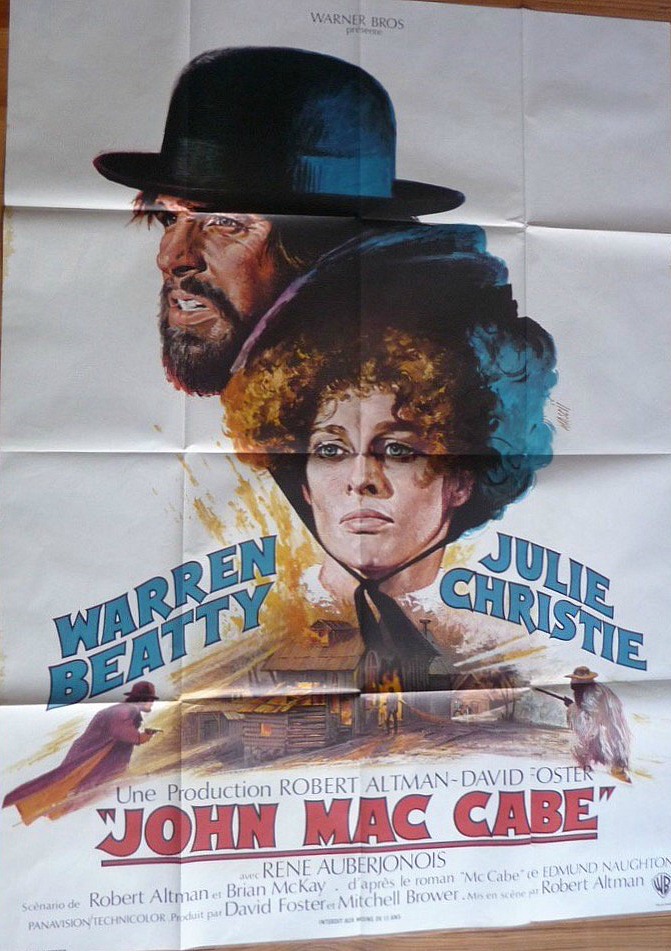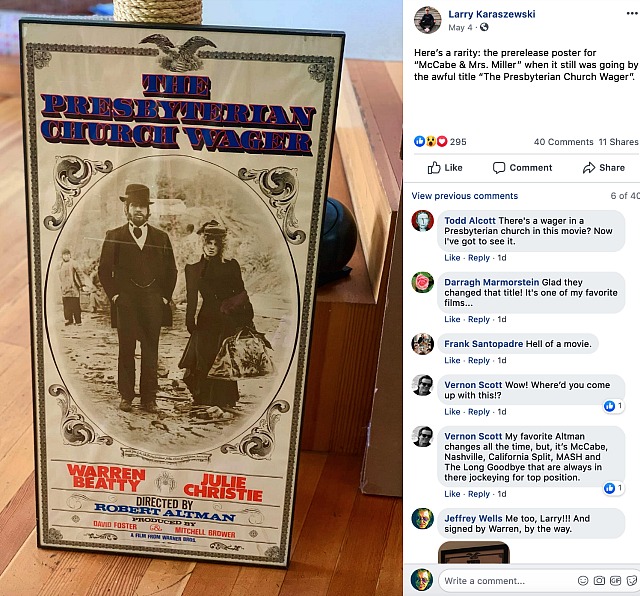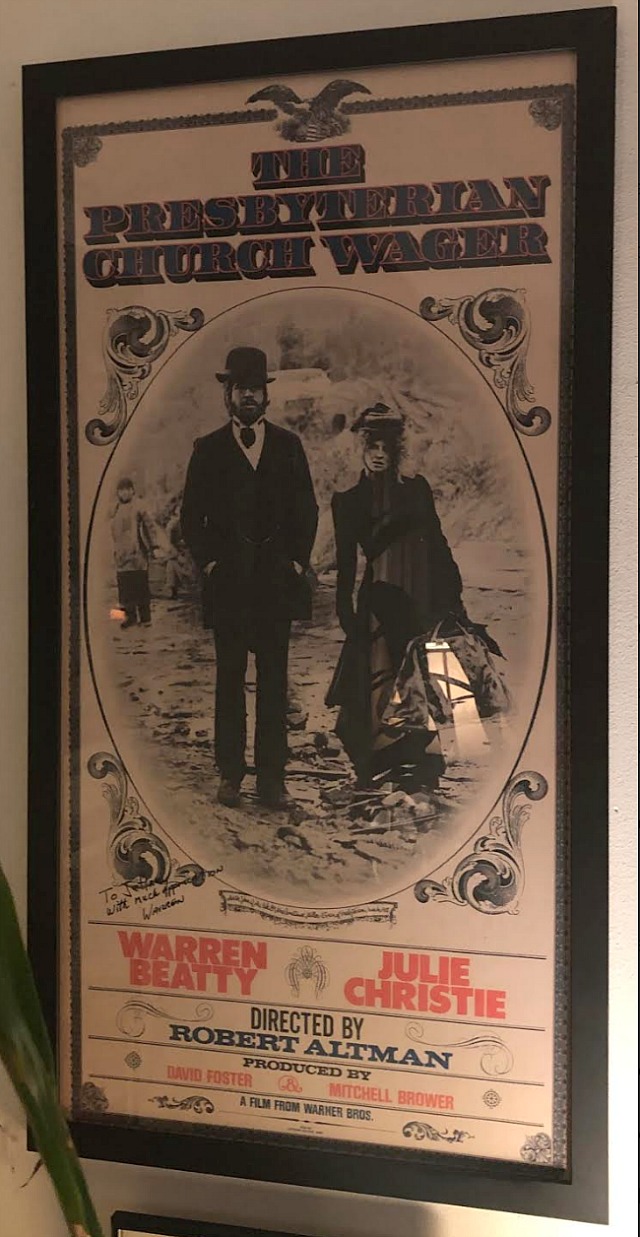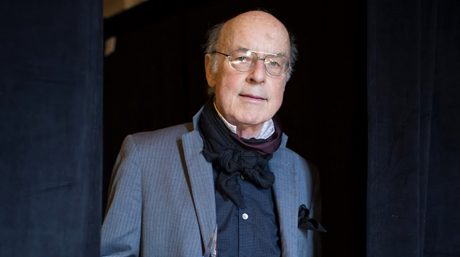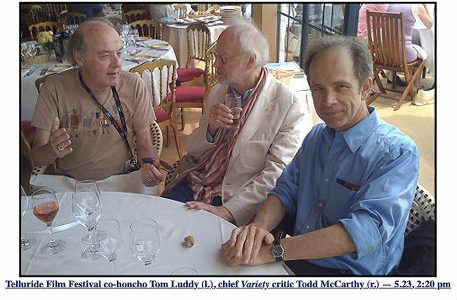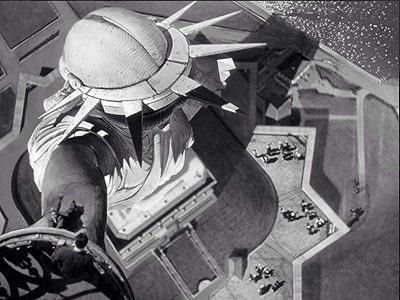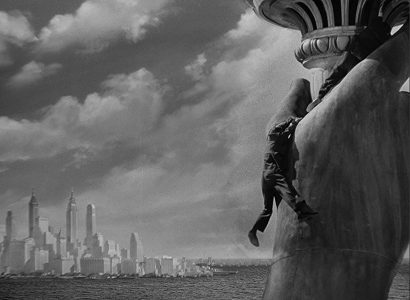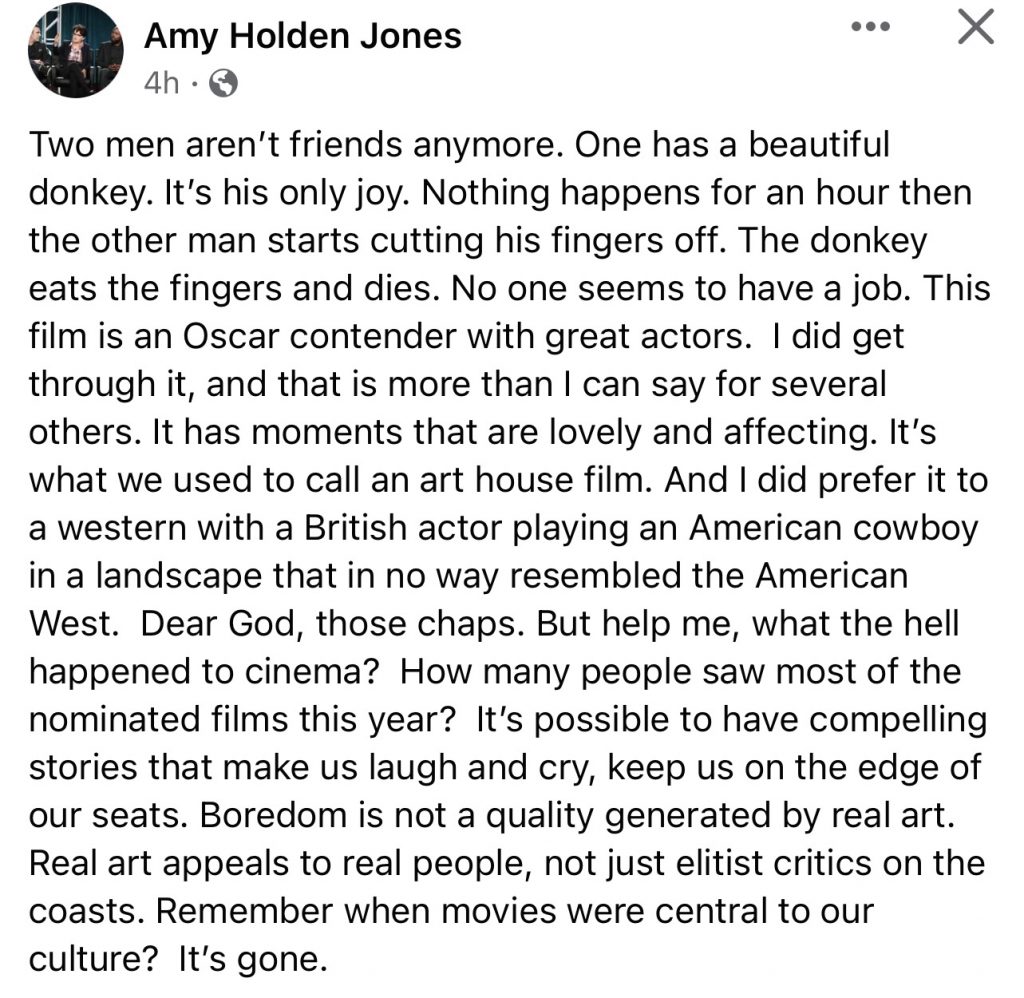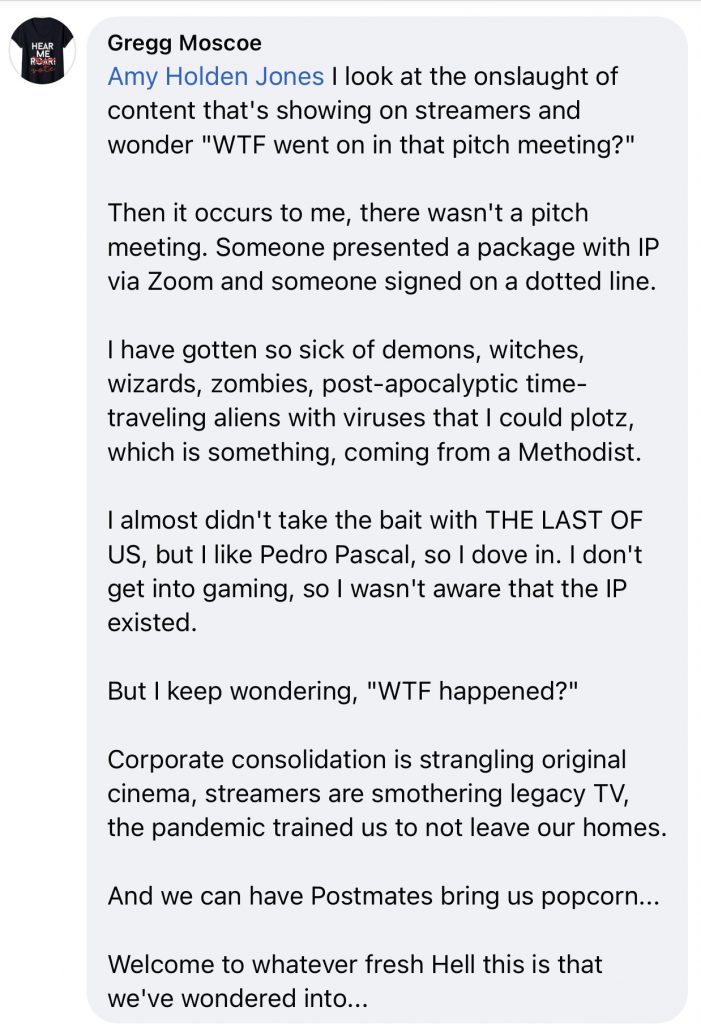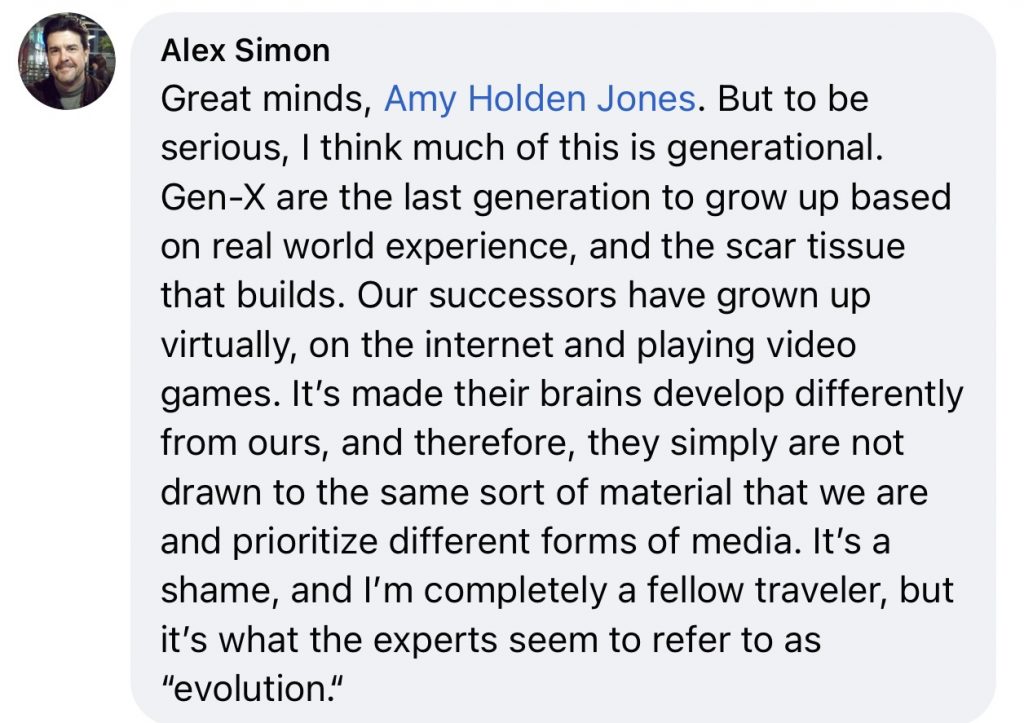Earlier today Nikki Haley, the former South Carolina governor and United Nations ambassador, announced her candidacy for the 2024 Republican presidential nomination.
This makes her the first Republican to challenge a certain bloated sociopathic mob boss, who may or may not emerge triumphant in the ’24 Republican primaries but hasn’t the slightest chance of defeating President Joe Biden in the general election.
Even with a majority of Americans persuaded that Biden is too old for a second White House term, Donald Trump‘s criminal record and sociopathic compulsions will prove a strict no-go. Which means there’s a half-reasonable chance that Haley or Florida governor Ron DeSantis (if and when he announces) could prevail.
And yet Haley has shown over the last couple of years that she’s a Trump toady, or at least is willing to sound like one, and is hence saddled with the appearance of an ethical problem. A case against her has been laid out by Stuart Stevens, a former Republican political consultant who worked on the presidential campaigns of Mitt Romney and George W. Bush. The essay is titled “Nikki Haley Threw It All Away.” Here’s a taste:
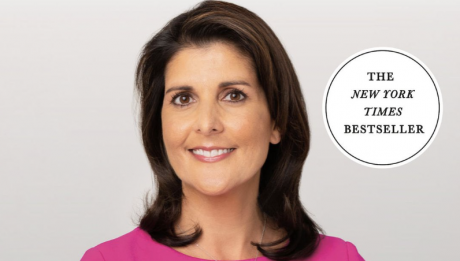
“As governor, Haley’s defining action was signing legislation removing the Confederate flag from the State Capitol. This came after the horrific massacre at the Emanuel African Methodist Episcopal Church in Charleston, and after social media photos surfaced of the murderer holding Confederate flags. Ms. Haley compared the pain South Carolina Black people felt to the pain she experienced when, as a young girl named Nimrata Nikki Randhawa, she saw her immigrant father racially profiled as a potential thief at a store in Columbia.
“‘Iremember how bad that felt,’ Ms. Haley told CNN in 2015. ‘That produce stand is still there, and every time I drive by it, I still feel that pain. I realized that that Confederate flag was the same pain that so many people were feeling.’
“Then came Donald ‘you had some very fine people on both sides’ Trump, and by 2019 Ms. Haley was defending the Confederate flag. In an interview that December, Ms. Haley told the conservative radio host Glenn Beck that the Charleston church shooter had ‘hijacked’ the Confederate flag and that ‘people saw it as service, sacrifice and heritage.’
“In her 2019 book, ‘With All Due Respect,’ Ms. Haley mentions Mr. Trump 163 times, overwhelmingly complimentary. In one lengthy passage, she insists that she was not referencing him in her 2016 Republican response to President Barack Obama’s State of the Union speech, when she called on Americans to resist ’the siren call of the angriest voices.’
“It is always sad to see politicians lack the courage to say what should be said, but sadder still to see them speak up and later argue any courageous intent was misinterpreted.
“It didn’t have to be this way. No one forced Ms. Haley to accept Mr. Trump after he bragged about assaulting women in the Access Hollywood tape. No one forced her to defend the Confederate flag. No one forced her to assert Mr. Trump had ‘lost any sort of political viability’ not long after the Capitol riot, then reverse herself, saying she ‘would not run if President Trump ran,’ then prepare to challenge Mr. Trump in the primary.
“There is nothing new or novel about an ambitious politician engaging in transactional politics, but that’s a rare trifecta of flip-flop-flip.”


